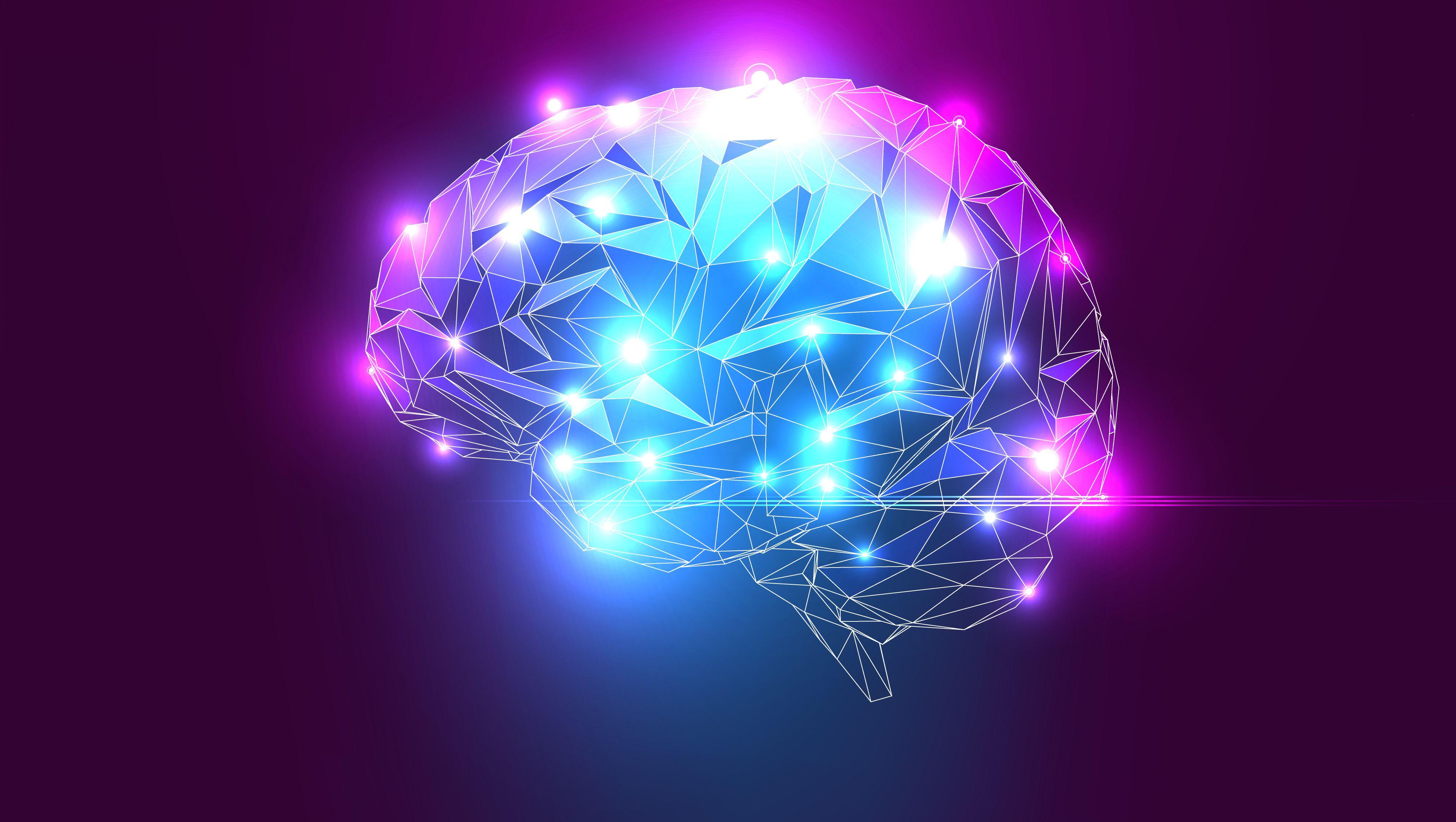
Do you ever find yourself compelled to dive deep into the inner workings of the human mind? Behind every thought, feeling, and behavior lies a complex web of psychological processes that shape our understanding of the world and ourselves. Psychology, often referred to as the science of the mind, is a captivating field that unravels the mysteries of human behavior and cognition. In this article, we embark on a journey into the depths of psychology, exploring the intricacies of our thoughts, emotions, and actions, as we navigate the vast landscape of the human psyche. Join us as we delve into the fascinating world of psychology, peeling back the layers to better understand the greatest enigma of all – ourselves.
Psychologist Near Me
The History of Psychology
The journey of psychology began centuries ago, intertwining with the intricacies of human existence. It emerged as a discipline with a profound curiosity to unravel the mysteries of the mind. Exploration into the depths of psychology has led to great revolutions in our understanding of human behavior and cognition.
Ancient civilizations, such as those in Egypt and Greece, pondered the nature of human consciousness, attempting to fathom the complexities of thought and emotion. The roots of psychology can be traced back to these early philosophical inquiries, where thinkers like Plato and Aristotle contemplated the relationship between the soul and the body.
Fast forward to the late 19th century when psychology took a significant leap forward, transforming from a philosophical pursuit to an experimental science. Wilhelm Wundt, a German physiologist, established the first psychological laboratory in Leipzig, Germany, in 1879. This monumental event marked the birth of modern psychology, paving the way for rigorous empirical research and the study of human behavior through systematic observation.
In the early 20th century, pioneers like Sigmund Freud delved into the realm of the unconscious mind, introducing revolutionary concepts that challenged traditional explanations of human behavior. Freud’s psychoanalytic theories and his focus on the importance of early childhood experiences left an indelible mark on the field, sparking debates and shaping its future trajectory.
From then on, psychology continued to expand and evolve, embracing various theoretical perspectives and methodologies. Behaviorism emerged as a dominant force through the work of B.F. Skinner and John Watson, focusing on observable actions as the primary subject of study. Later, cognitive psychology took center stage, exploring the intricate processes of perception, memory, and problem-solving.
Understanding the history of psychology is essential for grounding our understanding of the field today. From ancient philosophical musings to the empirical advancements of the modern era, psychology has charted an impressive journey of discovery, constantly unraveling the complexities of the human mind.
2. Key Concepts and Theories
In the field of psychology, there are several key concepts and theories that help us delve into the complexities of the human mind. These concepts and theories provide a framework for understanding human behavior, cognition, and emotions.
One important concept in psychology is that of conditioning. Conditioning refers to the process by which behavior is learned through associations and consequences. Two prominent types of conditioning are classical conditioning, discovered by Ivan Pavlov, and operant conditioning, explored by B.F. Skinner. Classical conditioning involves the association of a neutral stimulus with a naturally occurring stimulus to elicit a response, while operant conditioning focuses on the consequences that follow a behavior and how they shape future actions.
Another essential concept in psychology is memory. Memory encompasses the processes involved in encoding, storing, and retrieving information. Research has shown that memory is not a single entity, but rather a complex system that includes different types such as sensory memory, short-term memory, and long-term memory. Understanding the intricacies of memory formation and retrieval has significant implications for learning, decision-making, and understanding human cognition.
One prominent theory in psychology is the psychoanalytic theory developed by Sigmund Freud. This theory emphasizes the importance of unconscious processes and early childhood experiences in shaping personality and behavior. Freud proposed that the mind is composed of three main components: the id, ego, and superego. According to this theory, conflicts and tensions between these components can result in various psychological disorders.
By exploring these key concepts and theories in psychology, we gain valuable insights into the complexities of human behavior, cognition, and emotions. These insights can be applied in a range of areas, from therapy and counseling to education and organizational behavior, ultimately contributing to our understanding of ourselves and others.
3. Practical Applications
Understanding Emotions: Psychology helps us unravel the complex workings of human emotions. By studying psychology, we gain insights into why people feel certain emotions and how these emotions influence their behavior. This knowledge can be applied in various fields, such as counseling, therapy, and conflict resolution, where understanding and managing emotions are crucial for promoting mental well-being.
Enhancing Learning and Education: Applying principles of psychology can greatly impact education and learning strategies. By understanding how individuals learn and process information, educators can tailor their teaching methods to maximize student engagement and improve learning outcomes. Psychology also helps identify potential barriers to learning, such as learning disabilities or cognitive impairments, allowing for early intervention and support.
Improving Workplace Dynamics: Psychology plays a significant role in enhancing workplace dynamics and productivity. By studying and applying organizational psychology, employers can create a positive work environment that fosters employee satisfaction and well-being. Understanding factors that contribute to motivation, teamwork, and effective leadership can lead to more harmonious work relationships and increased productivity within organizations.
Remember, this section is part of a larger article on psychology, specifically exploring its practical applications. By understanding and applying psychological principles, we can unlock a deeper understanding of human thoughts, emotions, and behaviors, leading to positive changes in various aspects of our lives.



